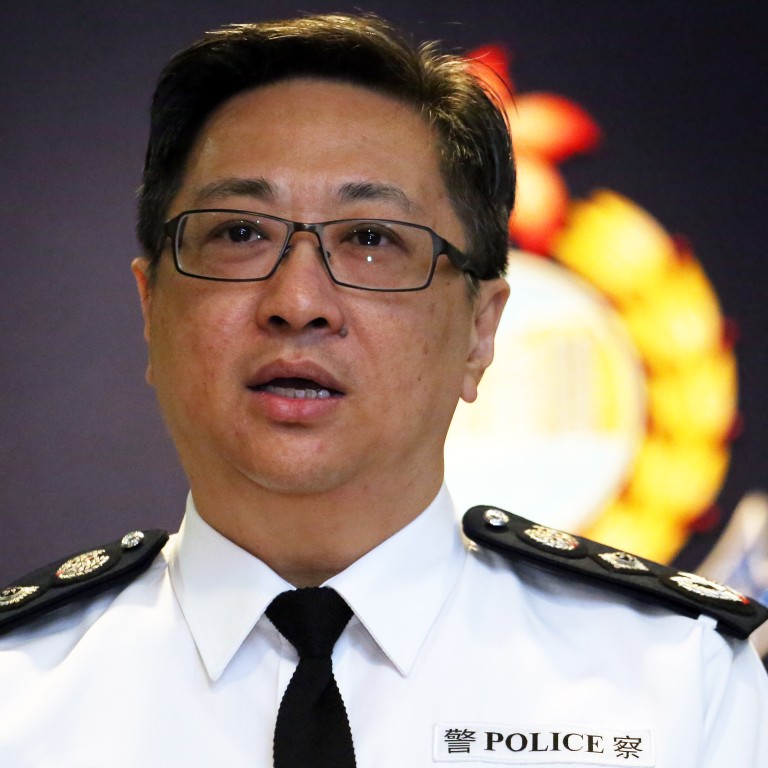
Hong Kong police face uphill struggle trying to regain public trust
I second Albert Cheng's call ("Hong Kong police must make amends for wrongful arrest of autistic man with a proper investigation", May 14) for a proper, unambiguous, sincere apology from the police in response to the wrongful arrest and mistreatment of the man surnamed Au.
Organisations shy away from issuing public apologies for many reasons, including the fear that any admission of wrongdoing will be used against them in future legal proceedings.
This concern notwithstanding, it is clear from the subsequent reactions from family members of Mr Au and the public at large that the police commissioner's public "apology" was perceived as insincere and is ineffective in bringing about reconciliation and forgiveness.
Against the backdrop of recent incidents that tarnished the police's reputation, it is no wonder that the public's scepticism of the law enforcers is growing. This is disquieting.
I am a clinical psychologist. Psychological research suggests that for an organisation to be forgiven for its wrongdoing, several factors are key.
First, the offending group should express empathy and admit wrongdoing, both of which were absent from the statement from police commissioner, Stephen Lo Wai-chung. Compassion does not signify weakness.
Second, the group needs to be perceived as trustworthy, which is particularly challenging in light of the police's recent track record. This will take time, courage, and commitment to cultivate.
Third, the group should show that they are committed to repairing the relationship. This might entail offering compensation of some sort.
Fourth, the victim needs to feel valued and safe from further harm; the police must promise that similar events will not occur again.
They might, for example, provide their force with additional training in taking care of those with special needs. Having a "protocol" evidently is insufficient.
More generally, the police should seek to build a perception of "warmth" if they are serious about regaining the public's trust. That is, they need to show Hong Kong people that they are (genuinely) friendly, well-intentioned, trustworthy, warm, good-natured, and sincere.
Arguably, the police, led by its previous commissioner, failed to exhibit many of these traits. I hope that Mr Lo will do better.

